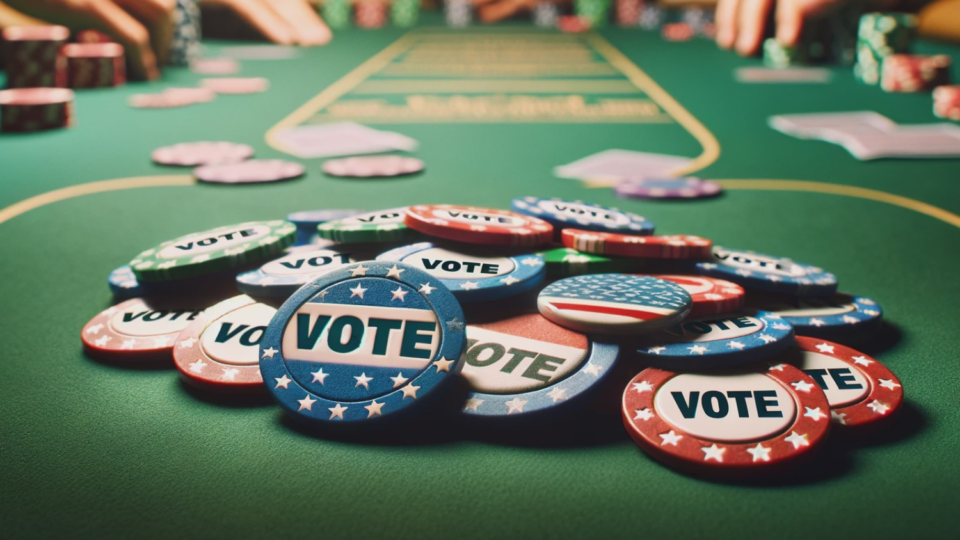On May 30, a D.C. federal judge heard arguments on whether futures contracts regarding the outcome of elections can be considered impermissible “gaming” contracts under the Commodity Exchange Act (“CEA”). The court’s forthcoming holding on the issue will have major implications for prediction market operators like Kalshi, the plaintiff in this particular suit.
In the hearing, Kalshi argued that political futures contracts do not explicitly fall afoul of the CEA. Kalshi maintains that the CEA’s enumerated impermissible futures contracts categories are limited to contracts incentivizing criminal activity, like hiring a hitman to win a futures contract that a particular celebrity would be assassinated. Conversely, Kalshi argued that there is no concern that elections-based futures contracts will lead to crime.
In addition, Kalshi refuted the premise that political futures contracts are harmful. They argue that journalists, economists, and political pundits can use trading metrics on these contracts as a real-time, market-based barometer to gauge the electorate—an alternative to traditional political polling. Another benefit of elections-based futures contracts is that they can be used to hedge against shifts in political power. For instance, an electric vehicle company concerned about a Trump presidency might buy elections futures to hedge against the risk of Biden losing.
The Commodity Futures Trading Commission (“CFTC”) argued, in turn, that these contracts are unlawful activities that involve “staking something of value on a contest of others,” which qualifies as gaming. The CFTC also argued that legalized election gambling does more harm than good. In particular, there are concerns that betting on political outcomes might unjustly swing elections, with influencers starting political rumors or poll workers sabotaging votes in order to win a bet.
Doubling down on its views, on May 10, the CFTC issued a proposed rule change that would define event contracts involving political contests as gaming. The proposal defines “gaming” in detail, and the proposal lists illustrative examples of gaming that include staking or risking something of value on the outcome of a political contest, an awards contest, or a game in which one or more athletes compete, or an occurrence or non-occurrence in connection with such a contest or game. If this rule change is adopted, these event contracts would be added to the list of contracts that are “contrary to public interest” and violate the CEA.
The proposed rules are now open for public comment, closing on July 9, 2024. If the rules are adopted, they would go into effect 30 days after publication in the Federal Register. There is an additional 30-day implementation period after the effective date for event contracts that are listed for trading as of the date of publication of the final rule.


